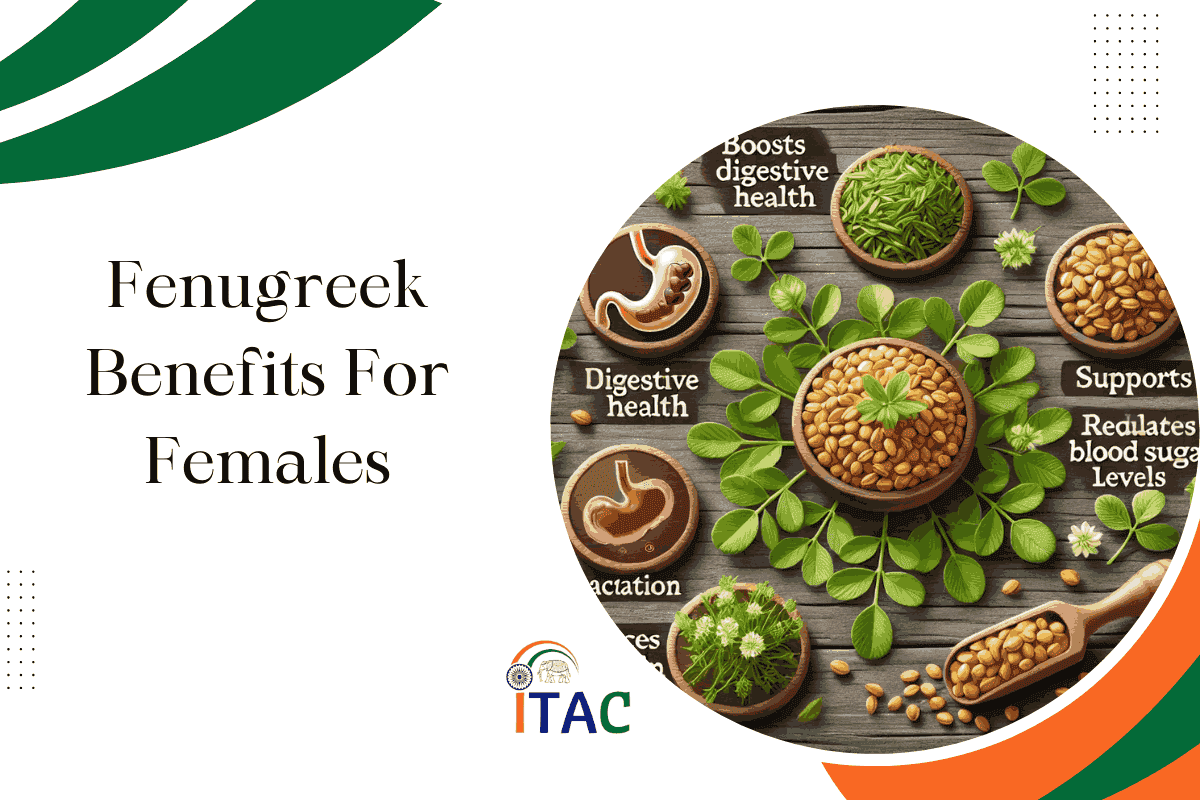Honestly, all the South Indian food is my favorite, and I am sure that it is your favorite as well. When we think about south indian food, the first thing that comes to mind is dosa. But, south indian food is more than just dosa. They have upma, vada, idli, sambar, rasam, pongal, uttapam, payasam, ambur biryani, pesarattu, and the list goes on.
You might have come across many articles which suggest that south indian food is a best option for the people who are trying to lose their weight. The taste is not the only factor that people love south indian but it’s also because it is a healthier option compared to most north indian foods. Why is it so?
In this blog, I’ll discuss the reason why south indian food is considered as a healthier option.
1. Plant based diet:
South Indian cuisine puts a lot of emphasis on vegetarian dishes, which means they use ingredients like lentils, rice, and vegetables rather than meat. However, It doesn’t mean that they don’t have a non-veg option.
Some popular examples of these dishes are sambhar, dosas, and idlis. These foods aren’t just tasty; they’re also packed with nutrients that are good for your body. One big benefit of these vegetarian dishes is that they’re high in fiber.
Fiber is like the cleaning crew for your digestive system as it helps everything move smoothly, and can keep you feeling full for longer. So, enjoying South Indian vegetarian dishes can not only satisfy your taste buds but also help you maintain a healthy weight and support good digestion.
You can watch this video if you want to know how you can lose weight with plant based foods:
2. Fermented foods:
The hallmark of the south indian cuisines is the fermented food. The fermentation process not only makes food last longer, but it boosts its nutrition too.
For example, fermented foods like dosas and idlis are rich in vitamins B and C. Plus, fermented foods are great for your gut. They have probiotics, which are like little bacteria in your gut. By balancing your gut bacteria, probiotics make sure your gut stays healthy.
Enjoying fermented foods in South Indian food isn’t just tasty; it’s also good for your health, especially your digestion.
You can watch this video where they have discussed how fermented foods are amazing even from the Ayurveda’s perspective:
You should also watch this video of Dr Pal where he gives 9 fermented foods that you should have if you want to improve your gut health:
3. Use of whole foods and legumes:
Often, South Indian food uses whole grains like rice, millets, and vegetables. They’re loaded with protein, fiber, vitamins, and minerals. Unlike refined grains, which lose all their nutrition, whole grains keep everything.
Especially millets, which are high in fiber, are a big part of South Indian cuisine. Adding fiber to your diet can help you control your blood sugar levels and lower your cholesterol, which is good for your health overall.
So, South Indian dishes are not only tasty, but also packed with nutritional value because they use whole grains and legumes.
4. Spices with medicinal properties:
The spices in South Indian cuisine are more than just flavor enhancers; they’re health-boosting superheroes.
Turmeric is a good example. It is an anti-inflammatory and antioxidant spice commonly used in South Indian dishes. These properties promote the body’s ability to reduce inflammation and fight off harmful molecules called free radicals.
And not only turmeric but also the use of asafoetida, mustard seeds, and curry leaves is a staple when cooking South Indian food. Besides flavoring the food, they also contribute to its health benefits.
Watch this video to understand more about spices and their health benefits:
5. Low processed foods:
There aren’t many processed foods in South Indian cuisine. Instead, they use natural, fresh ingredients. Consequently, they stay away from highly processed foods that often contain unhealthy fats, sugars, and sodium.
With fresh, seasonal ingredients, South Indian food becomes nutrient-dense and free from preservatives and artificial additives. Thus, South Indian cuisine nourishes your body with wholesome, natural ingredients while providing you with delicious flavors.
6. Healthy cooking techniques:
The cooking method plays an important role in the healthiness of South Indian cuisine. To make idlis, they steam them and sauté them with minimal oil. In this way, the flavor and nutritional value of the food can be preserved.
Also, coconut oil plays an important role in South Indian cooking, which differs from other saturated fats in terms of its composition. Research suggests that medium-chain fatty acids in coconut oil may improve cholesterol levels and boost metabolism.
End Note:
South Indian cuisine offers a wide variety of nutritious and delicious dishes. Vegetarianism, fermented foods, whole grains, legumes, medicinal spices, healthy cooking techniques, and minimal use of processed foods make it a healthier option for those looking for flavorful meals without sacrificing health. South Indian food is a blessing for health-conscious foodies, whether it’s the probiotic-rich dosas, the fiber-packed sambhar, or the antioxidant-rich spices. So, that’s a wrap for today!









